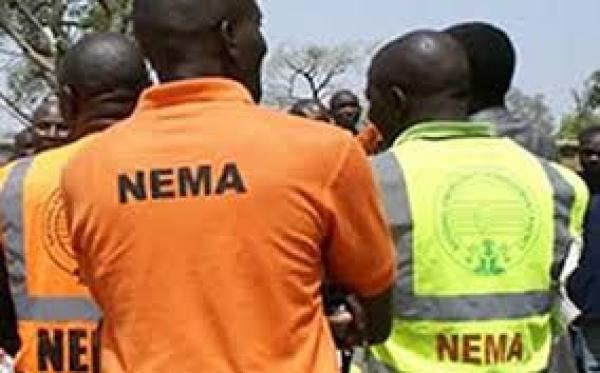
DR Congo border town of Goma, has recorder a first case of Ebola, after a cleric tested positive as he arrived the city.
Goma shares borders with Rwanda's Rubavu District in Western Province.
According to the Congolese Ministry of Health, the cleric travelled 200 km (125 miles) to Goma by bus from an area called Butembo, where he had been with people with Ebola.
The health ministry reassured in a statement that: “Due to the speed with which the patient has been identified and isolated, as well as the identification of all passengers from Butembo, the risk of spreading to the rest of the city of Goma remains low.”
The incident in DR Congo comes a month after Rwanda’s Ministry of Health implored the public and concerned agencies to strengthen measures to prevent the spread of Ebola into Rwanda.
This was after a case of the Ebola virus was confirmed in Uganda’s western district of Kasese by the World Health Organisation.
The outbreak in DR Congo’s provinces of North Kivu and Ituri has persisted for 11 months.
Health officials in Goma have reportedly been preparing for an outbreak.
In June, the Ministry of Health said it was taking the Ebola outbreak in both neighbouring countries seriously and intensified the surveillance at points of entry,,at health facilities and at community levels.
The ministry, again reminded the public on how to protect oneself and prevent the spread of Ebola
In order to protect oneself and prevent the spread of EVD, the Ministry earlier said, it is important to ensure the following:
* Proper body hygiene by washing hands frequently;
*Avoid travels to an area affected by an Ebola outbreak;
* Avoid contact with blood and body fluids, items that may have come in contact with an infected person’s blood or body fluids, body of someone who died of EVD and or meat from an unknown source.
* Report via a toll-free (114) nationwide phone alert system, to community health workers, nearby health facility and or police station any suspected case with Ebola-like symptoms.
The notice said that the ministry of health in coordination with the Rwanda Biomedical Centre, WHO and other partners continues the work to strengthen national capacity for early detection and containment in the event a case spreads in Rwanda.
Ongoing work to strengthen national capacity for early detection and containment, it added, include robust community awareness and mobilisation, logistics, an EVD treatment centre, and surveillance.
The ministry called upon all Rwandans and visitors to Rwanda who develop symptoms of Ebola or have been in contact with a patient with its symptoms or who participated in a burial ceremony of a known case to seek medical attention immediately at the nearest health facility.
According to the WHO, Ebola virus could be dictated from the incubation period, that is, the time interval from infection with the virus to onset of symptoms, is from 2 to 21 days.
A person infected with Ebola cannot spread the disease until they develop symptoms.
Symptoms of EVD can be sudden and include: fever, severe weakness, muscle pain, headache, and sore throat.
This is followed by: vomiting, diarrhea, rash, symptoms of impaired kidney and liver function, and in some cases, both internal and external bleeding (for example, oozing from the gums, or blood in the stools).
Laboratory findings include low white blood cell and platelet counts and elevated liver enzymes.



















